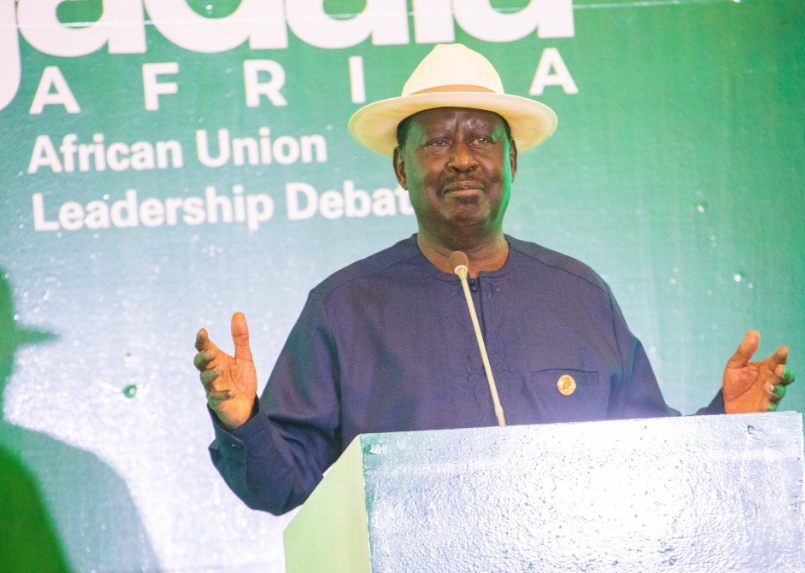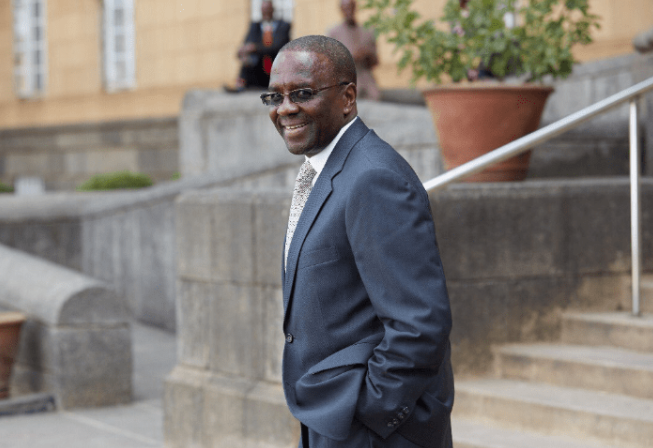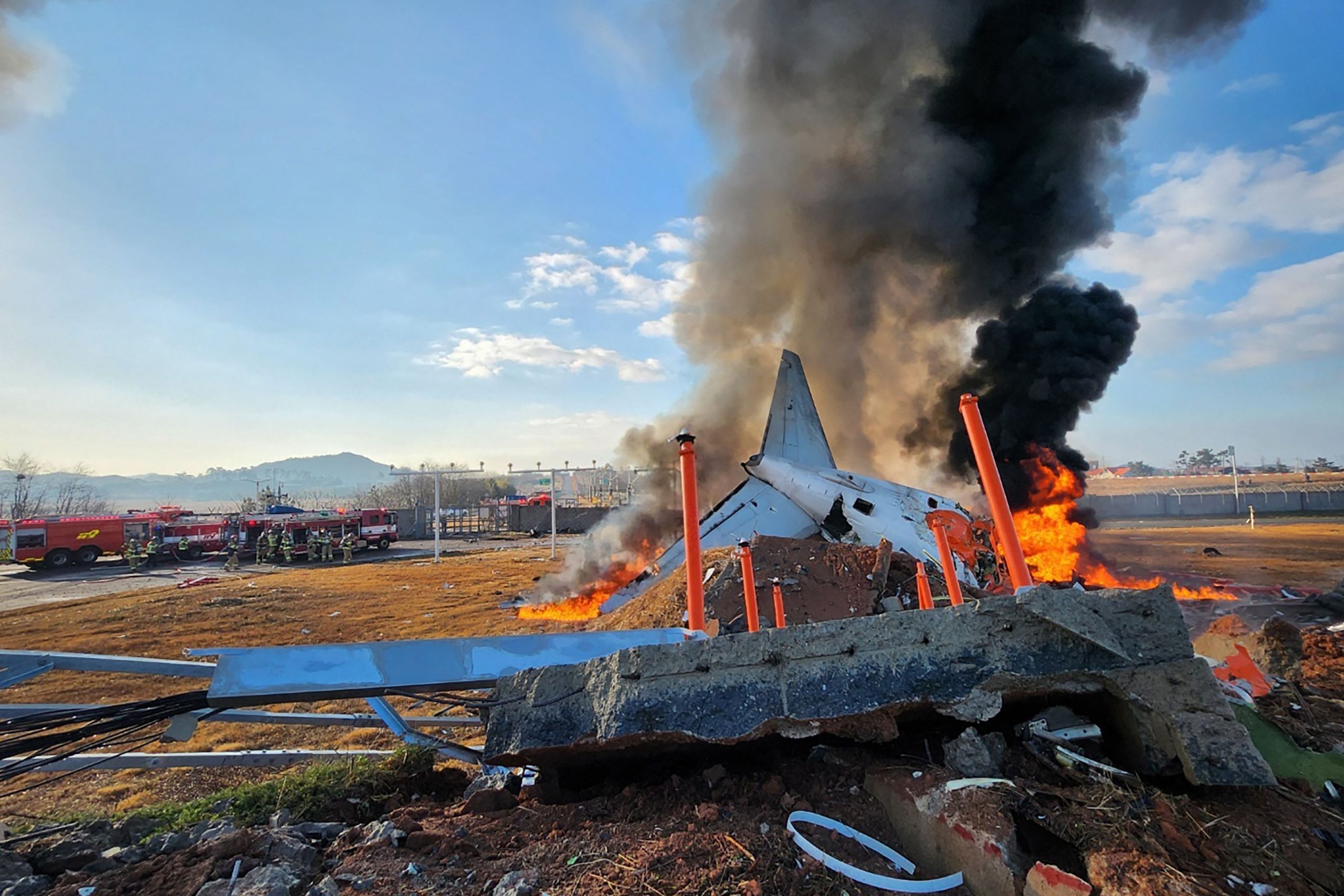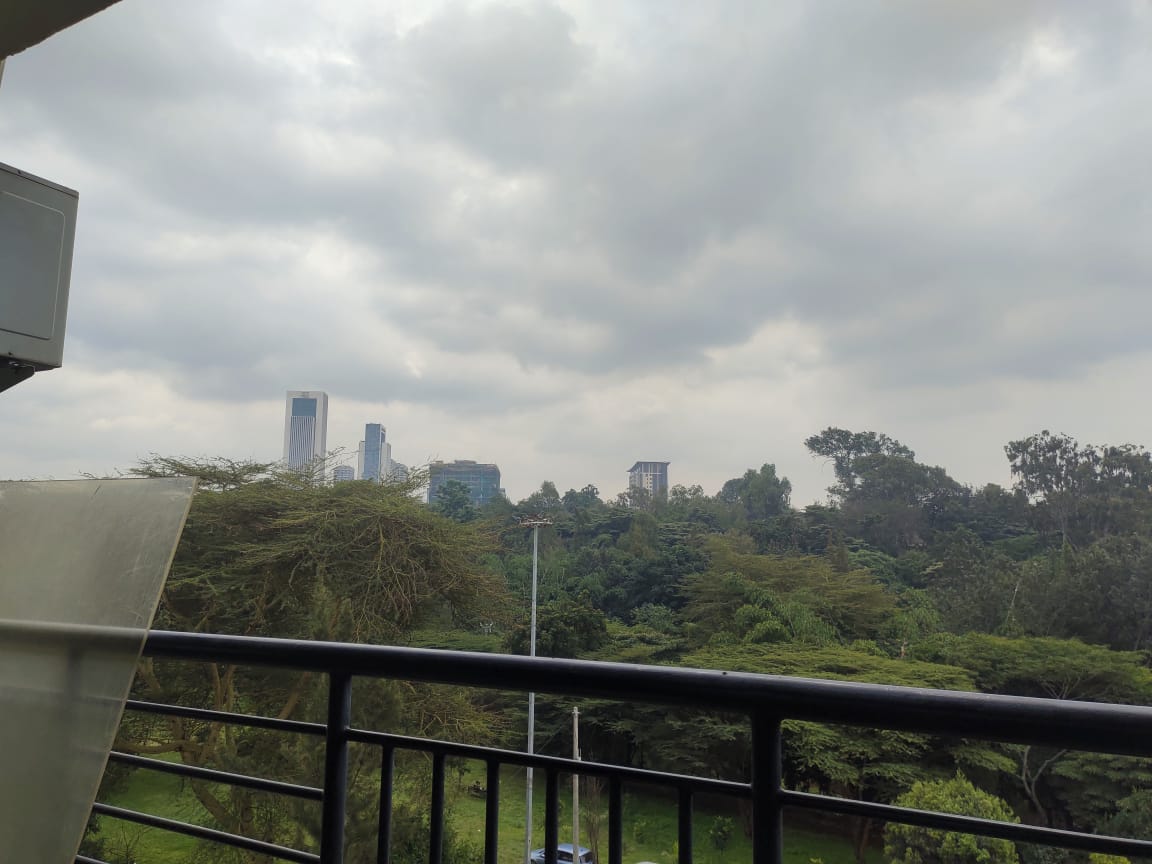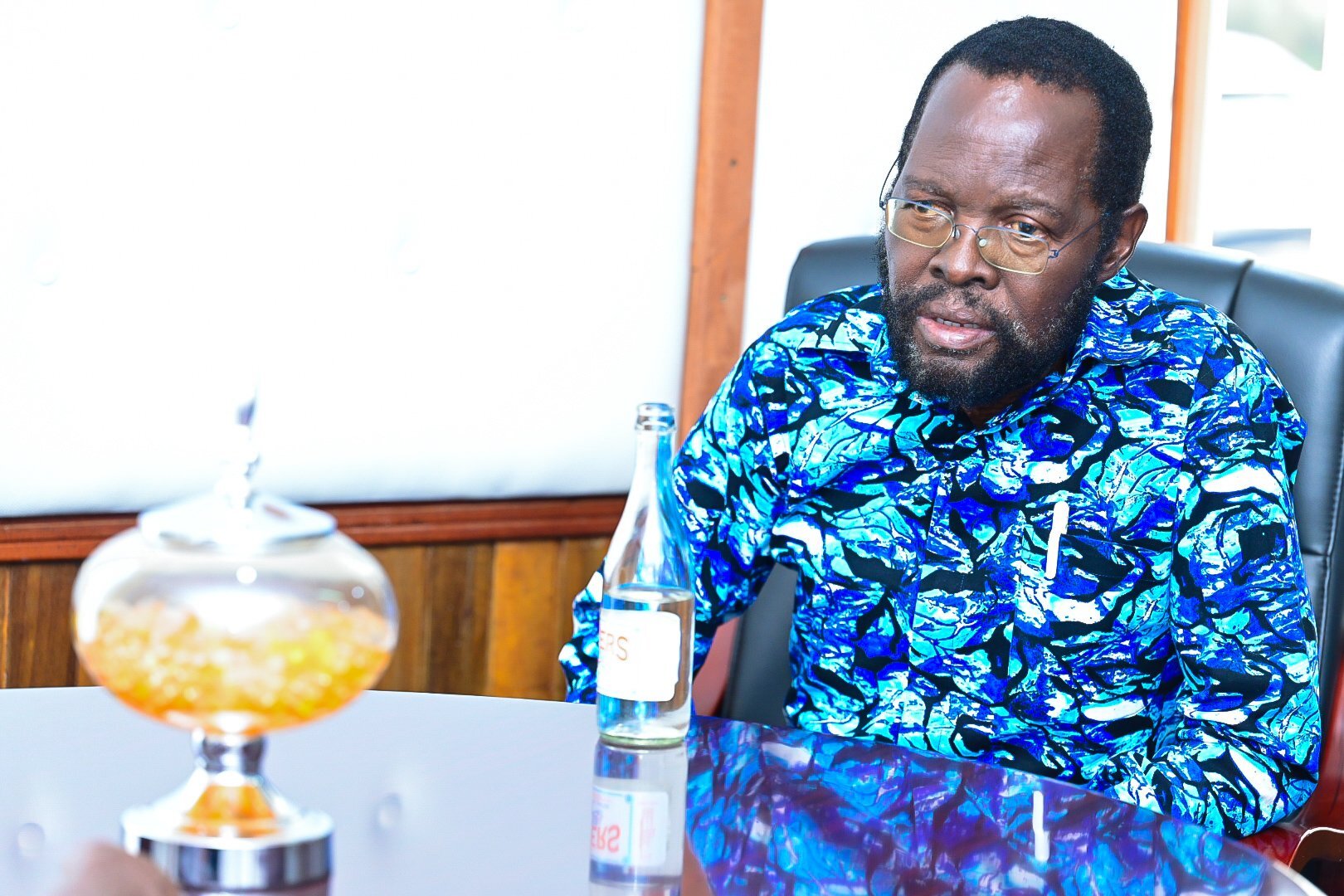President William Ruto has proposed the introduction of a Carbon tax to deal with the effects of climate change which he said has forced governments to divert resources to deal with calamities such as drought that were not budgeted for.
Speaking on Tuesday, September 5, 2023, on day two of the ongoing Africa Climate Summit (Heads of State Session) at KICC, Ruto lamented that climate change was eating into the government budget and impeding economic growth.
“Nevertheless, we have all, in our different ways, succeeded in making some progress over the years amid these extraordinary difficulties. The tragedy of climate change is that it is relentlessly eating away at this progress and, going by evidence based on scientific projections, its appetite to consume our GDP will grow in years to come. We are already losing between 5-15% of our GDP growth every year to the adverse impacts of climate change,” Ruto said.
He added that the Kenyan government had been forced to increase the school feeding program from one and a half million children to four million children because of drought.
“Because of climate change, we are forced to divert resources that are meant for economic growth into dealing with the effects of climate change.
“In Kenya, we lost two and a half million heads of livestock, in the northern part of Kenya. Combined with Ethiopia, Somalia and Djibouti, we lost nine and a half million heads of livestock. So what did I have to do in Kenya? I have had to increase resources meant for school feeding from a million under school feeding we had to scale up this year to four million kids in school to be put under school feeding and we had to re-arrange the budget to provide for that.
“So when we say climate change is destroying our economies, we are not making statements. We are making statements of facts,” Ruto said.
Carbon tax
To mitigate the effects of climate change eating into the government’s coffers, Ruto suggested the introduction of a Carbon tax.
The Kenyan president said that the Carbon tax will help the government to raise additional resources to deal with the effects of climate change.
“To be able to unlock the resources that we need, to be able to drive this new investment and financing opportunities, especially for green energy we believe it is time to have a conversation about Carbon tax. I said we need a conversation about Carbon tax. And I mean we need to have a conversation about Carbon tax. We believe it’s among the ways that we can raise additional and adequate resources for us to finance our development,” Ruto said.
What is Carbon tax?
A Carbon tax is paid by businesses and industries that produce carbon dioxide through their operations. The tax is designed to encourage such businesses to reduce their output of greenhouse gases and carbon dioxide, a colourless and odourless incombustible gas, into the atmosphere.
Under a Carbon tax, the government sets a price that emitters must pay for each ton of greenhouse gas emissions they emit.
Carbon tax is meant to push businesses and consumers to switch to fuels or to adopt new technologies, to reduce their emissions to avoid paying the tax.





